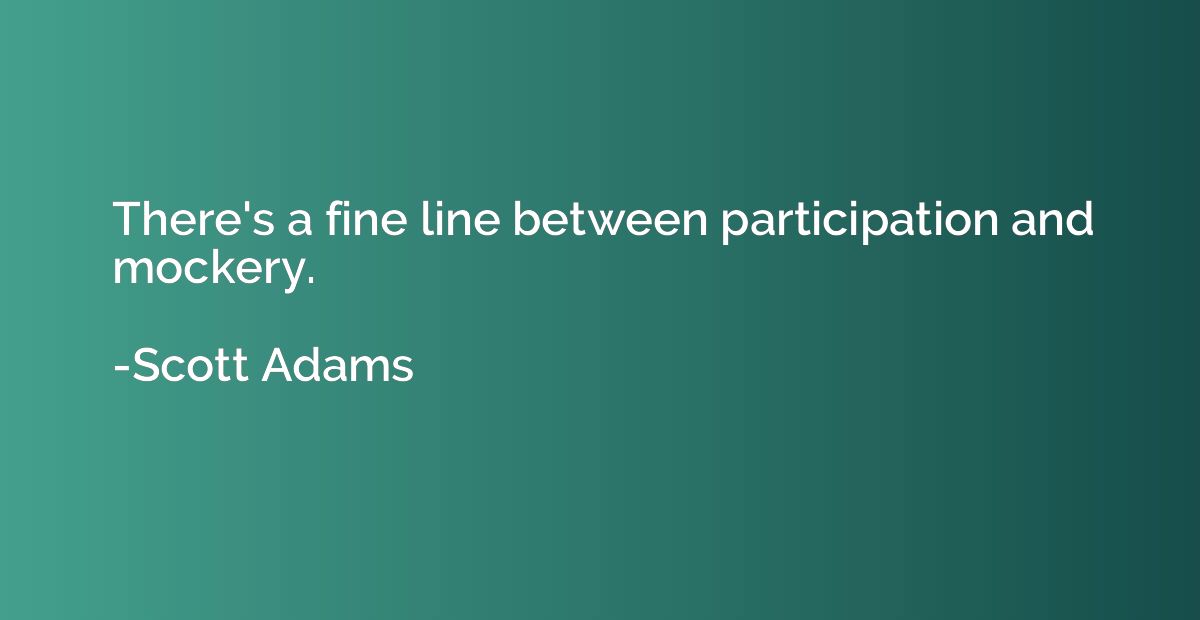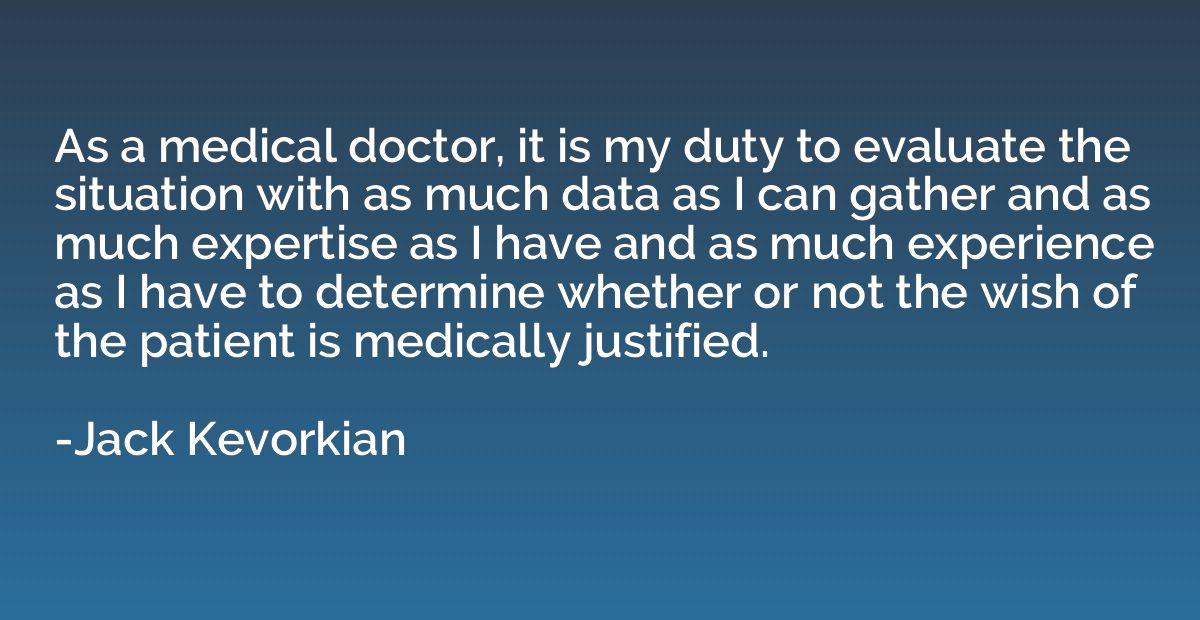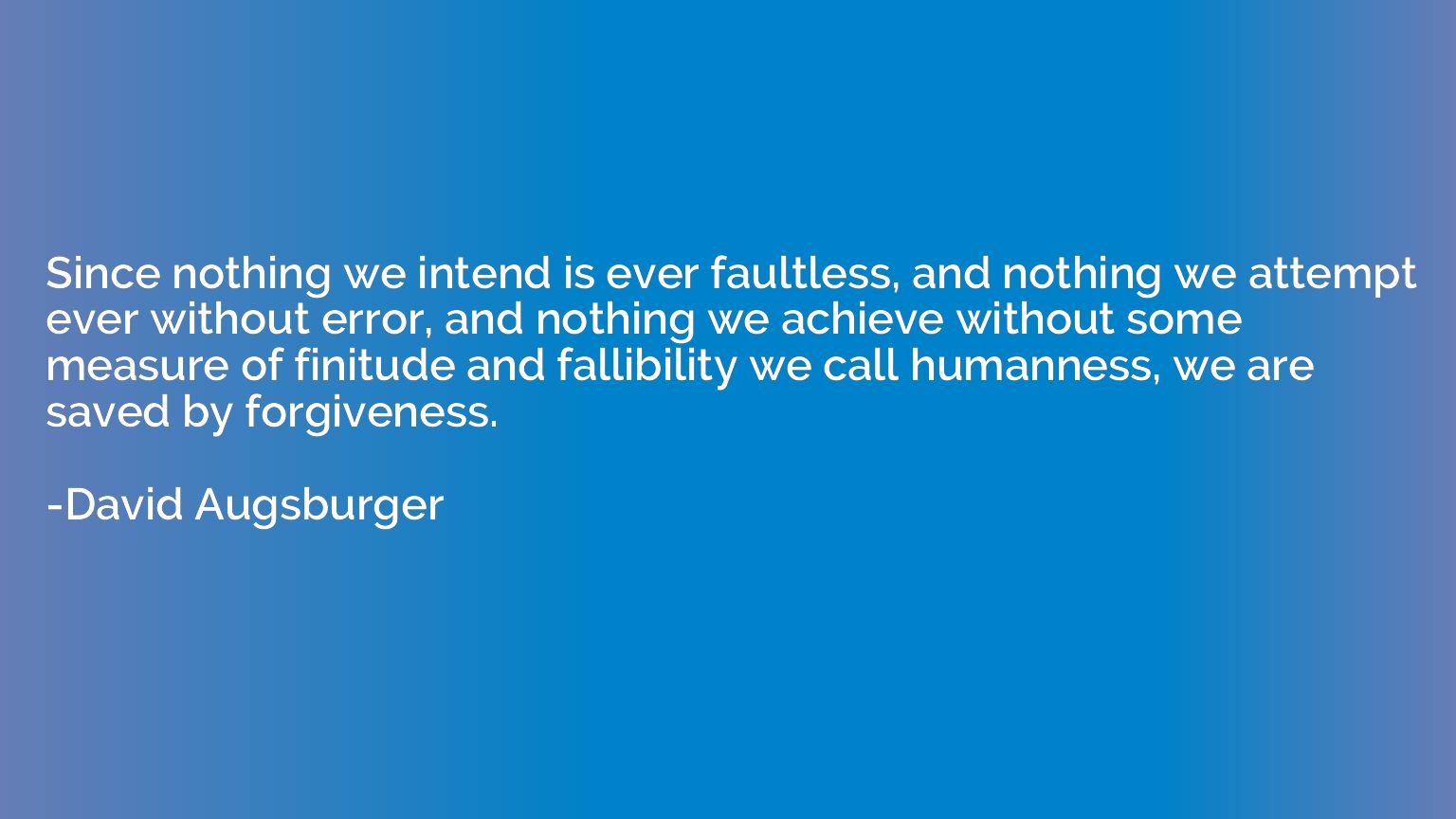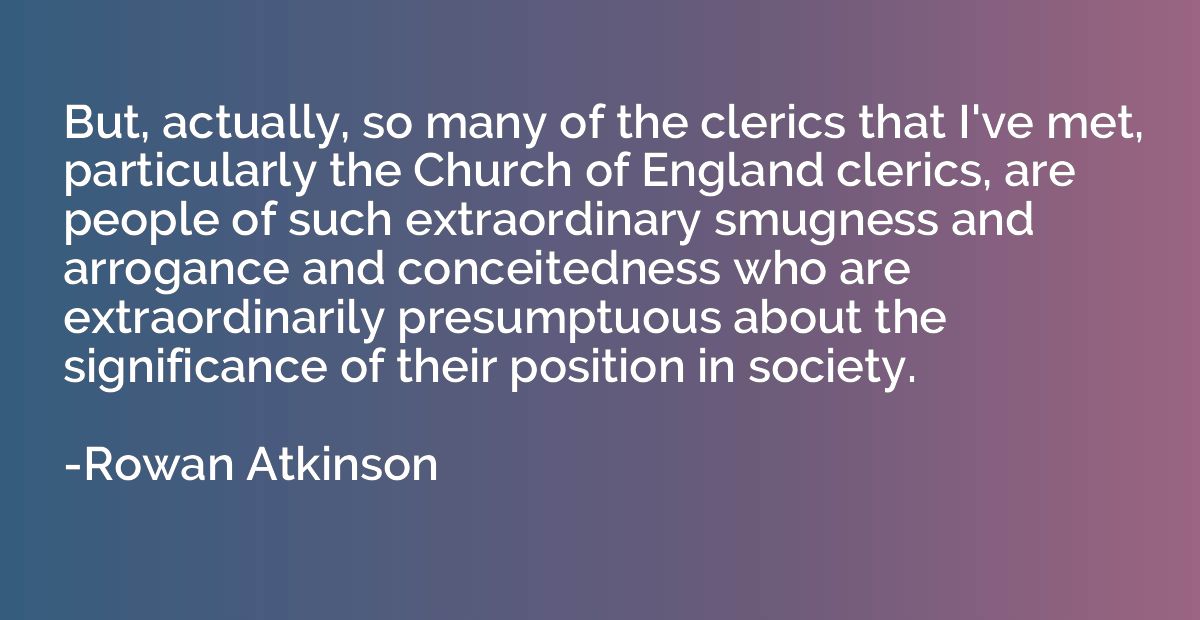Quote by Edward T. Hall
We should never denigrate any other culture but rather help people to understand the relationship between their own culture and the dominant culture. When you understand another culture or language, it does not mean that you have to lose your own culture.
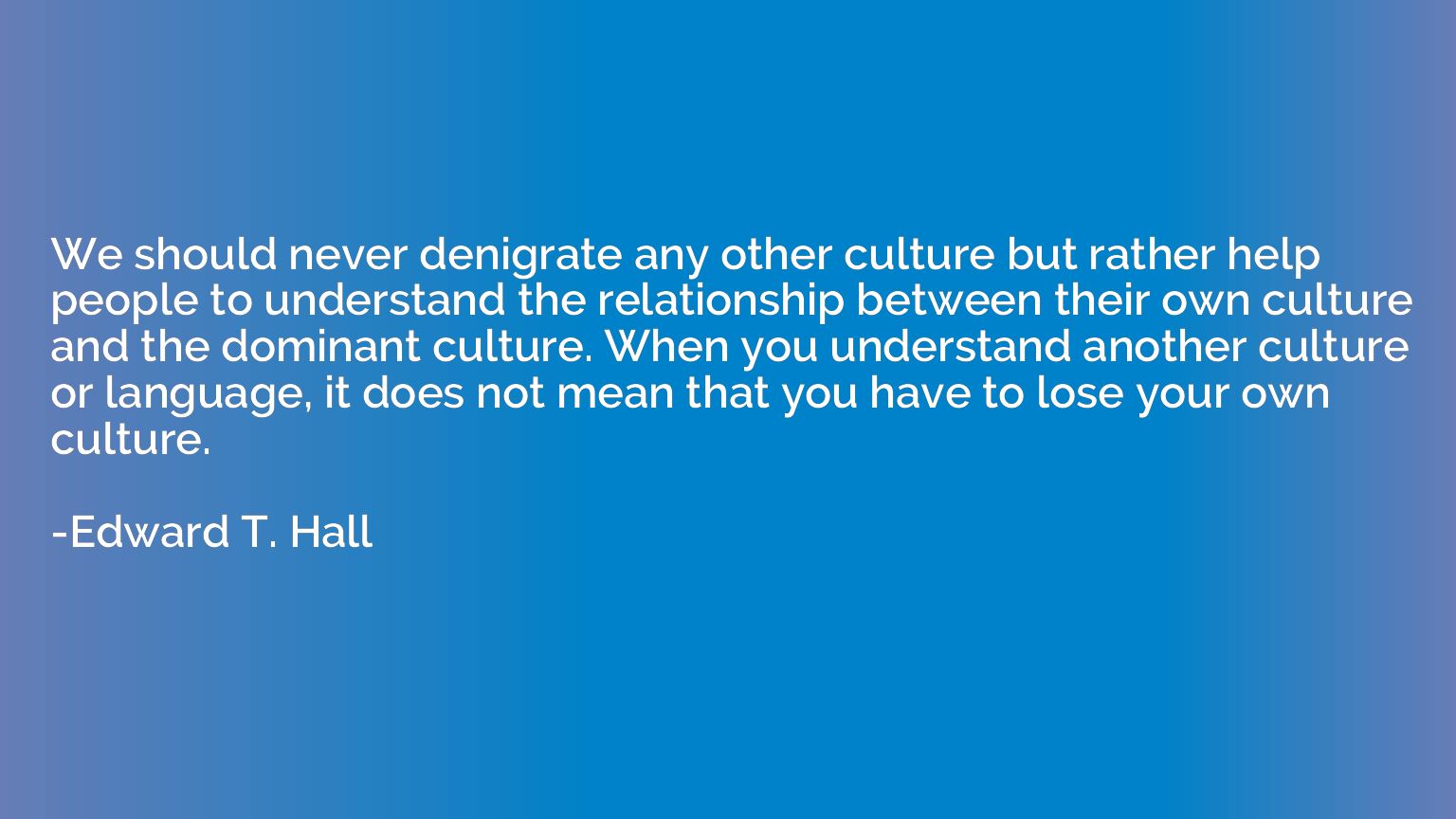
Summary
This quote highlights the significance of respecting different cultures while simultaneously promoting cultural understanding. It emphasizes the importance of not belittling or devaluing any culture, but instead encouraging individuals to comprehend the connection between their own culture and the prevailing culture. Understanding and appreciating another culture or language should not imply forsaking or abandoning one's own cultural identity. It advocates for a harmonious coexistence and recognition of the value that diverse cultures bring to society.




